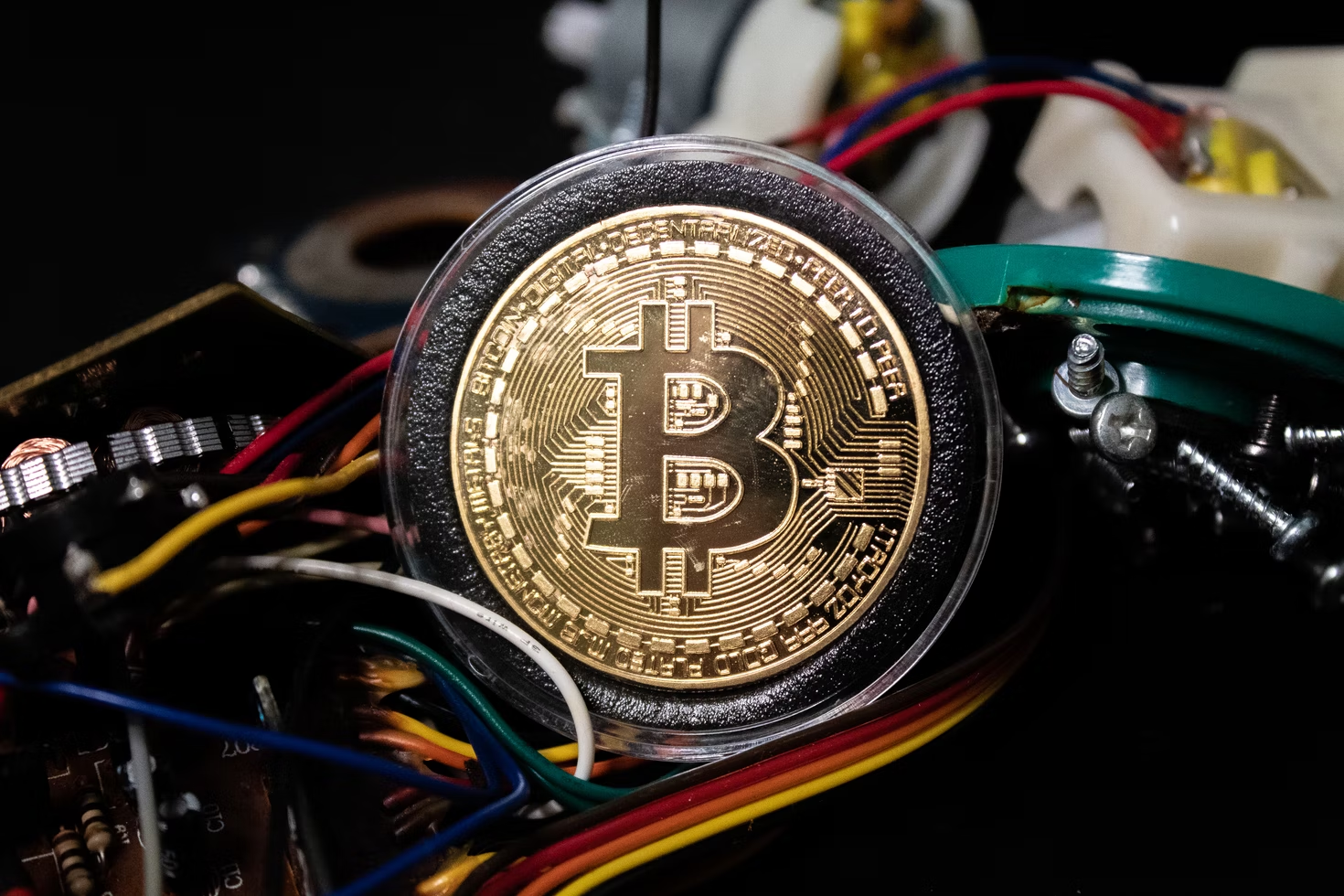What does it mean to "mine" Bitcoin? What is Bitcoin mining? Can you mine Bitcoin from home?
Do...

What does it mean to "mine" Bitcoin? What is Bitcoin mining? Can you mine Bitcoin from home?
Do...

The "Bitcoin is destroying the environment" narrative is patently false.

Warren Buffett and his long-time business partner, Charlie Munger, hate Bitcoin so much they've...

The Securities and Exchange Commission (SEC) poses one of the greatest threats to Bitcoin and...
What is Proof of Stake?
You may have heard that something called the "Ethereum Merge" is near. After several delays, a long-awaited upgrade to the Ethereum blockchain has finally been scheduled for September 19th, 2022.
What is Ethereum upgrading and why is this a big deal?
Ethereum is moving away from the Proof of Work (PoW) consensus mechanism and adopting a controversial Proof of Stake (PoS) consensus.
We have previously explained what Proof of Work is in our Bitcoin Mining article; we just didn't call it Proof of Work. We simply called it Bitcoin mining, but what we were describing was Proof of Work. We went into even more detail in our Blockchain explainer.
As a refresher, Proof of Work is essentially a lottery, where you have to perform some work to earn a lottery ticket, and the lottery is held roughly every 10 minutes. In this analogy, we can think of Bitcoin miners as working to earn "lottery tickets" -- every hash they compute is like a new lottery ticket. Only one ticket will "win", allowing them to add the new block to the blockchain, and their new block contains the mining reward they receive for performing this work.
Proof of Stake is an alternative. The complaint about proof of work is that it's hard. Well, of course it's hard. The old adage says that anything worth doing is going to be hard. Proof of Stake, is saying, "Rather than do all of this work to ensure consensus, why don't we just pick someone at random to add the block to the blockchain and then we can all validate that they did the work correctly." So instead of working for lottery tickets, we can just hand them out to people and then pick one at random to win. The person who wins this PoS lottery still has to calculate the block that gets added to the blockchain, but as opposed to PoW, there is no competition with other miners or validators.
So who is eligible for the Proof of Stake lottery? How do you "buy" Proof of State lottery tickets?
As the name implies, validators are asked to stake some of their tokens, to put their money where their mouth is, so to speak. So they have to put up collateral to get a lottery ticket. If they are selected at random to create the new block, the block must be correct or they could lose their collateral.
Proof of Stake validators are saying "I care enough about this project that I'm willing to stake some of my investment to keep it running." If a validator acts in error or malice, then their collateral will be confiscated by the network as a form of punishment, in a process known as "slashing". Thus, validators are heavily incentivized to perform their work honestly.
Another way to think about these incentive mechanisms: in Bitcoin mining, you are rewarded if you are an honest miner. In Ethereum staking, you are punished if you are a dishonest validator.
So why is Proof of Stake controversial?
For a long time, environmentalists and institutional investors concerned with so-called ESG investing have advocated that Bitcoin should move away from energy-intensive Proof of Work mining to a Proof of Stake consensus. However, Bitcoiners have been very staunchly opposed to such a change to the system, because doing so would undermine one of the core features of the Bitcoin Network: Decentralization.
If the only people allowed to get rewarded for validating and adding blocks to the Ethereum blockchain are the people who already hold the most ETH, then this will ultimately funnel all consensus-making power to the wealthiest addresses. In the past few weeks, many cryptocurrency experts have tried to sound the alarm on the dangers to Ethereum's decentralization post-merge.
For further reading, we recommend checking out pieces by renowned commentators Lyn Alden and Dylan LeClair.
The Crypto Christian Team